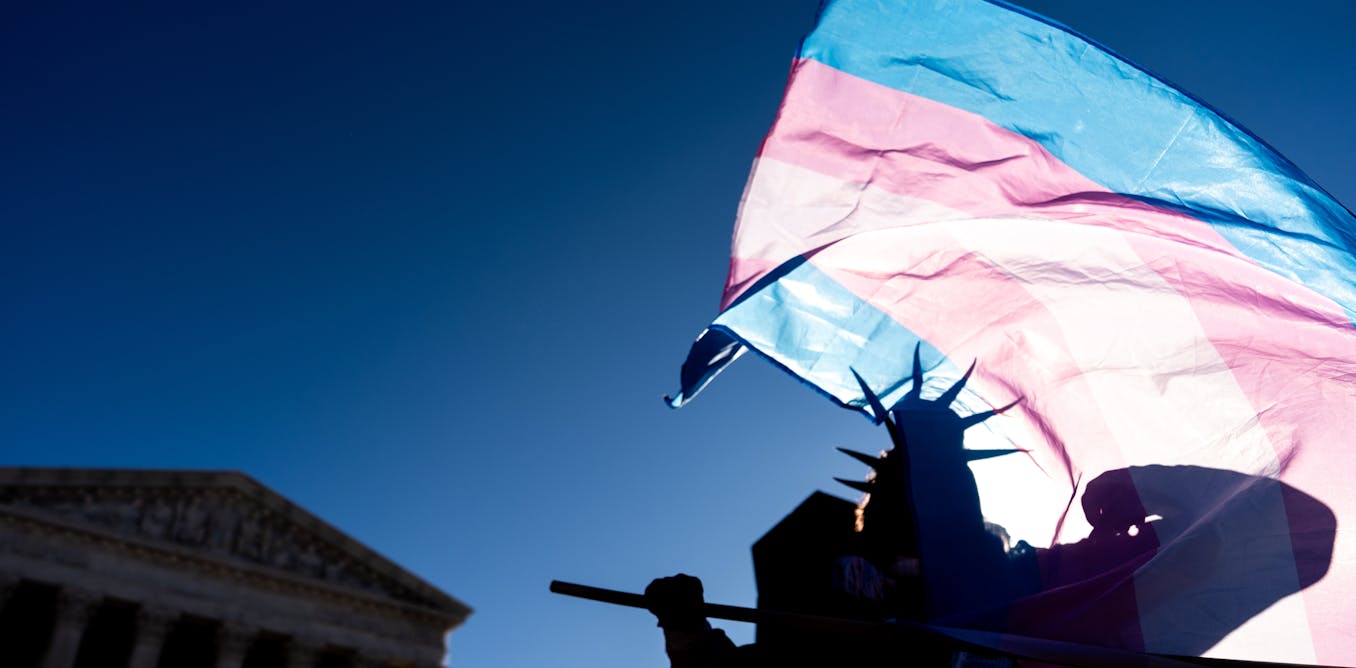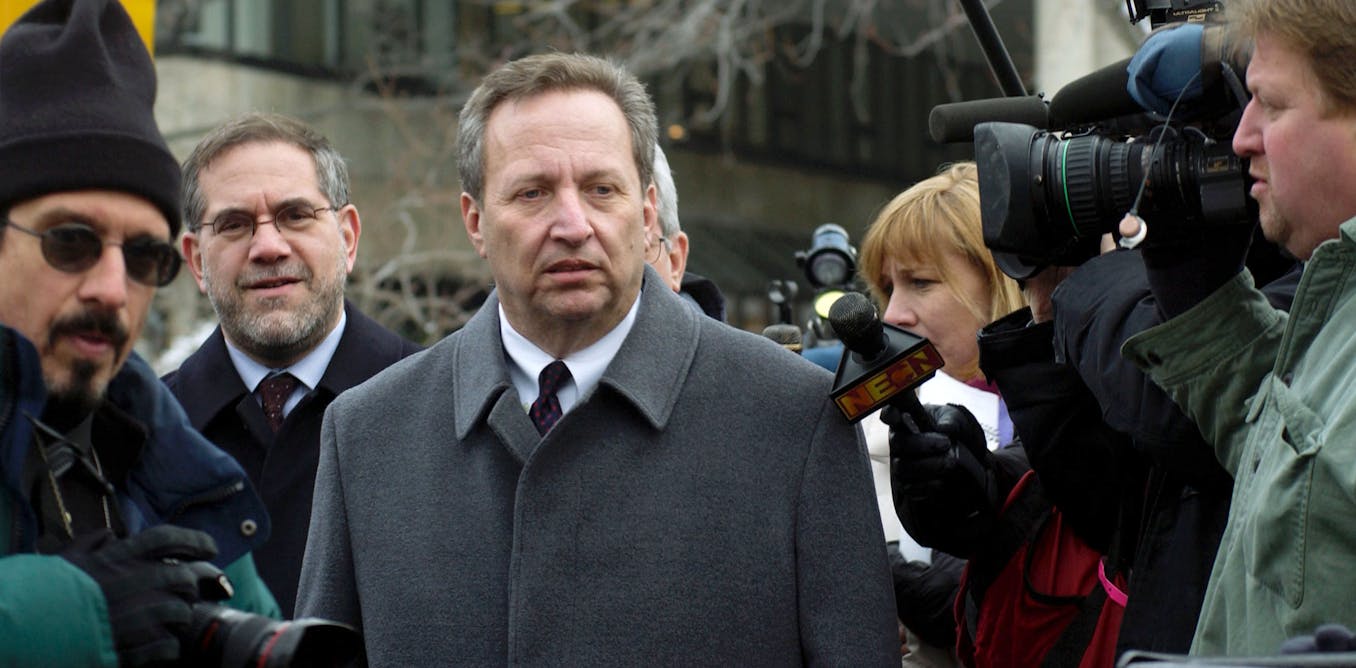The Economic Catastrophes That Could Soon Erupt If The Government Shutdown Doesn’t End Soon
As the specter of a government shutdown looms ever closer, concerns about its potential fallout are intensifying. The consequences of this political gridlock extend far beyond Capitol Hill, threatening to plunge the economy into turmoil, disrupt countless industries, and ultimately affect the everyday lives of citizens. In a world where economic stability is paramount, the implications of such a scenario warrant serious consideration.
The financial landscape is fragile. With businesses, from small enterprises to Fortune 500 companies, relying on federal services and support for their operations, a shutdown could lead to an immediate cash flow crisis. Federal contracts, grants, and subsidies may face delays, choking the lifeblood of many organizations. This would not only impact the companies directly tied to government funding but also create a ripple effect throughout the economy, jeopardizing the jobs of millions.
Moreover, consumer confidence is likely to take a hit. Uncertainty breeds fear, and as individuals become wary of their financial security, spending naturally declines. This downturn in consumer activity could lead to reduced sales for retailers, lower earnings reports for businesses, and ultimately, a slowdown in economic growth. The scenario paints a bleak picture: as disposable income contracts and families tighten their belts, the effects can be felt across various sectors from real estate to luxury goods.
But the ramifications don’t end there. Financial markets are notoriously sensitive, and the specter of a government shutdown could lead to increased market volatility. Investors may pull back, fearing potential downturns or instability, which could have lasting effects on stock prices and investment levels. This instability can spiral quickly, pushing ordinary citizens into a precarious financial position.
Furthermore, government employees will face the brunt of the crisis. A shutdown means millions of federal workers find themselves on unpaid leave or working without pay. This not only affects their financial well-being but also reduces overall economic activity, as these employees curtail their spending—vital expenditures that contribute to local economies.
The stakes are high, and the call for resolution cannot be overstated. A renewal of bipartisan efforts to prevent a shutdown would serve not just to safeguard essential services, but also to stabilize and invigorate the economy. The broader implications reach far beyond political negotiations; they touch the lives of ordinary people who rely on stable employment, reliable services, and consistent economic growth.
As we navigate this critical juncture, it becomes increasingly vital to stay informed about the potential fallout. The government shutdown, if it occurs, presents a stark reminder that political decisions wield profound influence over the everyday lives of citizens. We must be vigilant, proactive, and engaged—a collective effort to understand and address these impending risks could mean the difference between a stable economy and an impending catastrophe.
Watch the video by Forbes
Video “The Economic Catastrophes That Could Soon Erupt If The Government Shutdown Doesn’t End Soon” was uploaded on 10/27/2025 to Dailymotion Channel Forbes






































Leave a Reply